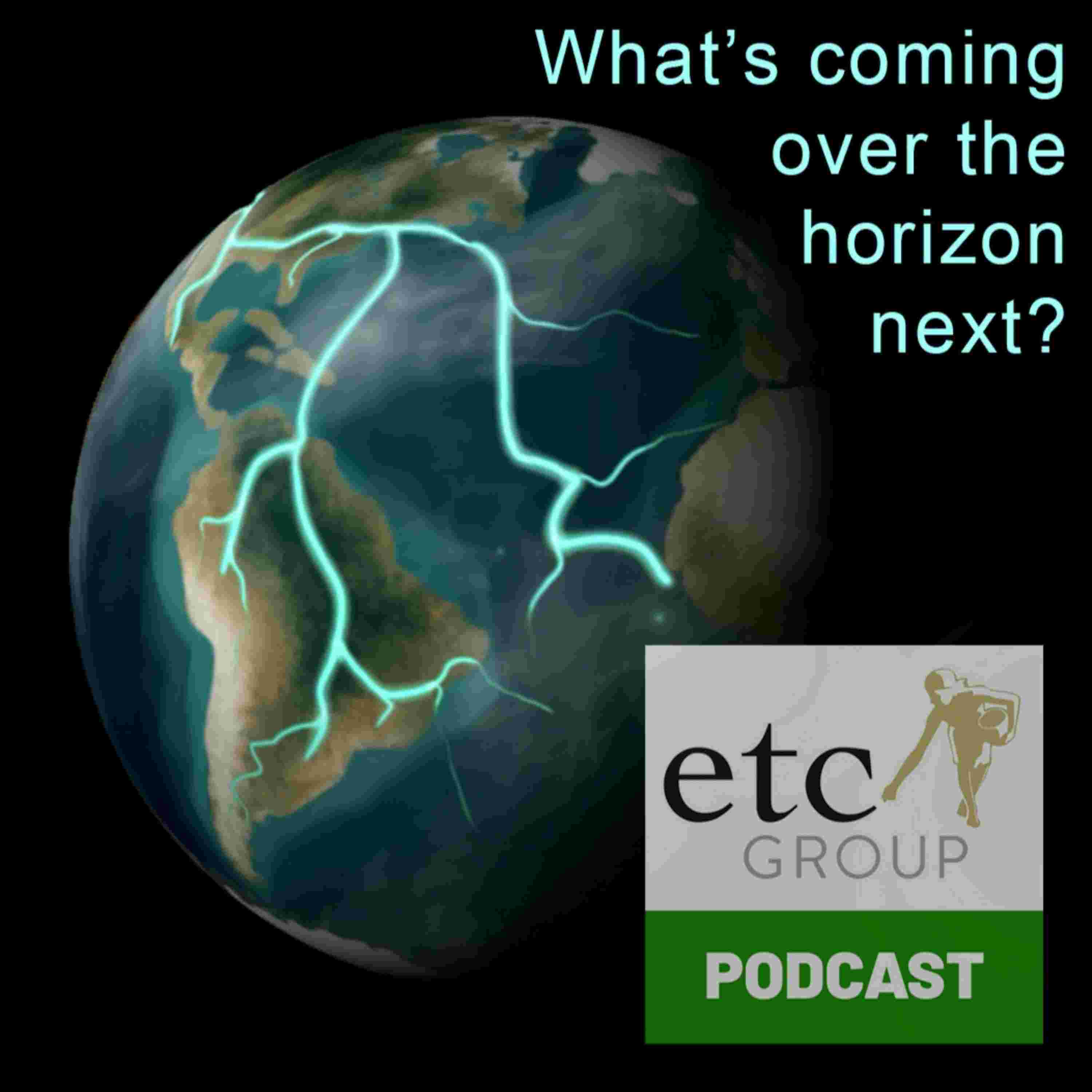

The push to get untried and untested corporate-backed bio- and digital technologies accepted as ‘nature-positive solutions’ is taking place in the Convention on Biological Diversity (CBD) as well as climate negotiations. The long-postponed global biodiversity summit (COP-15) of the Parties to the CBD, which was supposed to take place in Kunming in China in 2020, is now taking place in Montreal in December. In Montreal a high-profile ‘Global Biodiversity Framework’ will be launched to determine the priorities for the next 30 years of biodiversity governance..
We’ve been working hard to try and ensure that the Global Biodiversity Framework and ongoing work of the Convention includes critical agreements to implement horizon scanning, technology assessment and monitoring of new and emerging technologies – especially modern biotechnologies. Governments need to give the green light to this next step in the Convention’s work, or risk undoing and undermining over a quarter century of commitments to the precautionary principle. This would, in essence, change the entire nature and ethos of the CBD and open the door to many risky and unjust technologies.
Jim Thomas, Silvia Ribeiro and Tom Wakeford will be at COP-15 in Montreal in December. In this 5-minute mini-podcast Jim outlines why horizon scanning, technology assessment and monitoring must be included in the new ‘post-2020 Global Biodiversity Framework’ and the CBD’s Work Programme on Synthetic Biology.